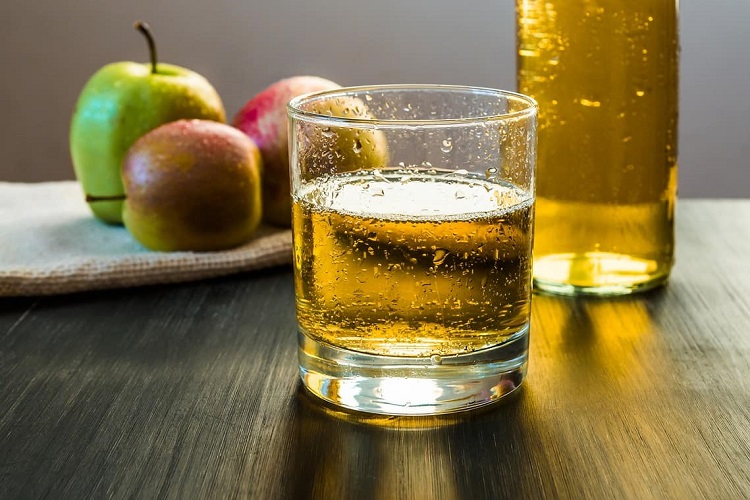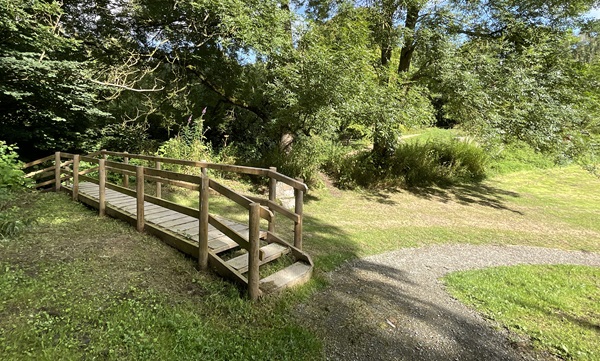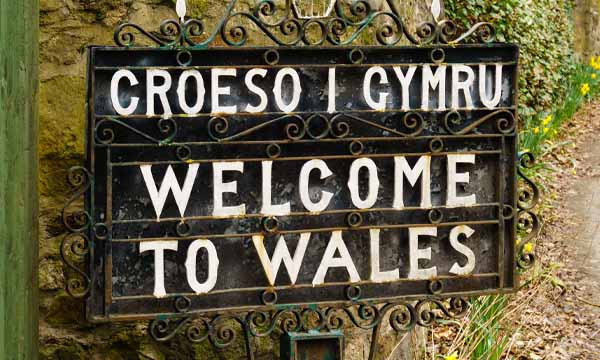The Heritage of Orchards and Cider Making in Wales was funded by the Heritage Lottery Fund, ran by the Welsh Perry & Cider Society.
This two-year and a half year project worked to identify varieties of cider apples and perry-making pears. The team DNA tested 200 trees and found 73 previously unrecorded varieties when compared to Brogdale’s National Fruit Collection database.
These have now (where possible) been catalogued, photographed and 29 have undergone single variety trials. The Marcher Apple Network have also allowed us to include their own DNA tested eating and cooking apples, so this Pomona includes all of the DNA tested known Welsh Apples for the first time.

Where possible, the unique trees were propagated from graftwood, to create National Collections of Welsh cider & Perry trees. These are being hosted at Abersytwth University, IBERS campus and two National Trust properties; Erddig Hall & Dyffryn Gardens. A forth one – the Society’s own Museum orchard – is split over two sites, one in Llanarth and one just outside of Usk. These will all hold two of each variety, acting as a genetic resource to ensure the preservation of these varieties as a valuable part of Welsh natural heritage.
Juice from the 29 of fruit trees were fermented in single-variety trials. Information will be shared in an online Pomona.
Sally Perks, Chairperson of the Welsh Perry & Cider Society 2018, said:
“When we launched this project none of us could have foreseen the huge success of the DNA testing results that would come from it. We hoped to find some unique varieties, but we didn’t envisage that there would be so many varieties of cider apple and perry pear that have only been found in Wales.
“This success in itself lead to challenges for those closely involved in the project, with much more follow-up work than we initially anticipated. Without the help and assistance of so many experts and supporters of heritage varieties we could never have achieved such comprehensive results in such a short space of time.”
Richard Bellamy, Head of Heritage Lottery Fund in Wales, said:
“The Heritage Lottery Fund are delighted to have funded the Heritage of Orchards and Cider Making in Wales project and the Pomona highlights how much has been achieved. We appreciate the huge amount of hard work that has gone into identifying all of the varieties and the creation of such a useful resource that can be shared and used by so many other people and projects.
“It is thanks to National Lottery players that we are able to fund projects like this that can make a real difference to our heritage in Wales and also provide a legacy that can be used by future generations.”
Dr Andrew Lea, Cider Scientist, said:
“Apples and pears are amongst the most diverse and adaptable of European domesticated crops, arriving here originally via trade routes from the forests of Central Asia. Every seedling is potentially a new variety, which can establish and thrive in its new location, and Wales is no exception. But while the major commercial varieties of British fruit have long been catalogued and referenced, the same is not true for local varieties in Wales and elsewhere in our islands.
“It is against this background that this new Welsh Pomona is such a welcome project. For the first time, local Welsh varieties of apple and pear have been described and characterised, while modern DNA analysis has confirmed their unique origin. Many of them have never been referenced before.
“For some, their potential contribution to cider and perry has also been investigated through single variety trials, which have confirmed there are some excellent cider apples and perry pears amongst them. I salute the initiators and organisers of this project. They have produced a work which is long overdue, and which can stand proudly alongside the other Pomonas of Britain and Europe in celebrating the diversity of apples and pears that have grown up in Wales.”
Alison Crook, Plant Collections Curator, National Trust, said:
“A really useful and interesting book, highlighting the diversity and significance of Welsh heritage apples and pears. The National Trust are delighted to have worked with the project to help secure many of these varieties for the future. Now we're eagerly awaiting the cider and perry.”
The Marcher Apple Network commented:
“Today the Public’s exposure to apples is largely through a handful of commercial varieties in the local supermarket, or perhaps from a neglected garden apple tree of an unknown variety. A hundred or more years ago almost every village and parish would have had a wealth of local apples, many of them unique to that area.
“Chance seedlings deemed by someone locally to be a “good apple” would have had scions shared with a few friends and neighbours…. Many of these regional apples may never have occurred beyond a handful of parishes and are thus vulnerable to extinction. A few have been dispersed further afield… and gone onto become more widely recognised varieties.
“We in the Marcher Apple Network have spent the last 25 years seeking out the local apples of the Marches; now the Welsh Perry and Cider Society under Jayne Hunt’s leadership have done a fantastic job in finding and cataloguing of varieties throughout Wales, having them characterised and propagating them, setting up the museum orchards and in so doing ensuring that these varieties are less vulnerable to being lost. The names and their associated stories are wonderful snapshots from the past. To grow any of these trees today is to grow a little piece of living Welsh history.
“Here for the first time is a record of the majority of known Welsh apples and pears together in one place, a wonderful record of the unique and the locally distinct. Surely it will stimulate efforts to find and save yet more traditional varieties.”





















